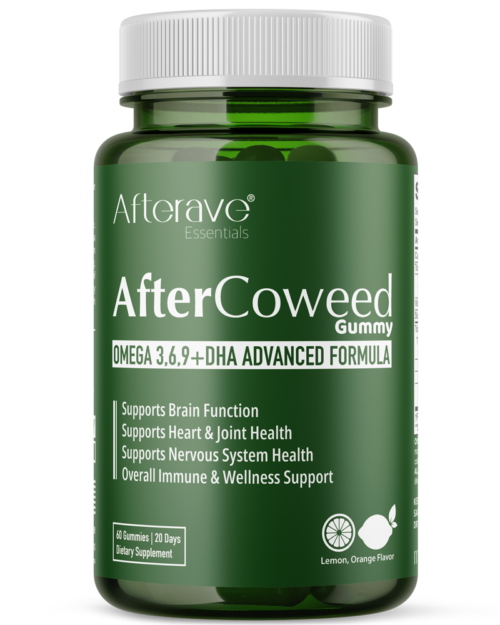Plant Based, Gluten Free, Immune System
Juicing Is Not Healthier Than Eating Whole Fruits & Vegetables
Fruits and vegetables are good for your health. Some of them even reduce your risk of chronic diseases, such as heart disease.
Juicing, a process that involves extracting nutritious juices from fresh fruits and vegetables, has become increasingly popular in recent years.
Many people use it to detox or add more nutrients to their diet. Supporters claim that juicing can improve nutrient absorption from fruits and vegetables, while others say it strips away their important nutrients like fiber. This is a detailed review of juicing and its health effects — both good and bad.
What is Juicing?
Juicing is a process that extracts the juices from fresh fruits and vegetables. It usually strips away most of the solid matter from whole fruits and vegetables, including the seeds and pulp.
The resulting liquid contains most of the vitamins, minerals, and antioxidants naturally present in the whole fruit or vegetable.
Purpose of Juicing
Juicing is generally used for two purposes:
- Cleansing or detoxification: Solid food is eliminated and only juice is consumed for 3 days to several weeks. Some people believe drinking juice cleanses their bodies of toxins. However, no evidence supports its effectiveness.
- Supplementing a regular diet: Fresh juice can be used as a handy supplement to your daily diet, increasing nutrient intake from fruits and vegetables that you wouldn’t otherwise consume.
Does Fruit Juice Protect Against Disease?
Plenty of evidence links whole fruits and vegetables to a reduced risk of disease, but studies on fruit and vegetable juices are harder to find.
The health benefits of fruits and vegetables are partly due to their high antioxidant content, but fiber also plays an important role. Many antioxidants are bound to fiber and get released in your digestive system.
A high intake of fruits and vegetables shows promise in many areas of health. For example, juices may reduce your risk of heart disease. Apple and pomegranate juices have been linked to reduced blood pressure and cholesterol levels.
Additionally, consuming fruit and vegetable juices in liquid form (or blended concentrations) may reduce homocysteine levels and markers of oxidative stress, both of which are linked to improved heart health.
One large study observed a reduced risk of Alzheimer’s disease among those who drank fruit and vegetable juices three or more times per week, compared with those who consumed them less than once per week.
The reduction in Alzheimer’s risk may be due to the high levels of polyphenols in the juices. These are antioxidants found in plant foods and are believed to protect brain cells.
Despite these results, more studies are needed to better understand the health effects of fruit and vegetable juices.
It’s Best To Consume Whole Fruits And Veggies
Juicing advocates often claim that drinking juice is better than eating whole fruits and vegetables. They assert that removing the fiber makes nutrients easier to absorb.
In fact, you may need the fiber content of the fruit or vegetable to experience the plant’s full health benefits.
For example, the antioxidants that are naturally bound to plant fibers are lost during the juicing process. They may play an important role in the health benefits of whole fruits and vegetables.
Notably, up to 90% of the fiber is removed during the juicing process, depending on the juicer. Some soluble fiber will remain, but the majority of insoluble fiber is removed.
Potential Health Benefits of Fiber
Higher fiber intake has been associated with lower risks of heart disease, obesity, and type 2 diabetes. Studies have shown that increasing soluble fiber, in particular, may improve blood sugar and cholesterol levels.
One study compared eating whole apples to drinking apple juice. It found that drinking clear apple juice increased LDL (bad) cholesterol levels by 6.9%, compared with eating whole apples. This effect is thought to be due to the fiber content of whole apples.
What’s more, an observational study showed an increased risk of type 2 diabetes in people who consumed fruit juices, whereas whole fruits were linked to a reduced risk.
People also tend to feel more full when they eat whole fruits, compared with when they drink the juice equivalent.

Juicing For Weight Loss May Be A Bad Idea:
Many people use juicing as a weight loss strategy. Most juice diets involve consuming 600–1,000 calories per day from juices only, resulting in a severe calorie deficit and fast weight loss. However, this is very difficult to sustain for more than a few days.
While juice diets may help you lose weight in the short term, such a severe calorie restriction can slow your metabolism in the long term.
Juice diets are also likely to lead to nutrient deficiencies in the long term, as juices lack many important nutrients.
Our Advice
Freshly extracted juices contain most of the vitamins, minerals & plant chemicals (phytonutrients) found in the fruit & vegetable. The only problem is that fiber which is necessary for our health is lost during most juicing.
But if we do not enjoy eating fruits & vegetables, juicing may be a way to add them to our diet.
Consider blending instead of juicing. Blending fruits & vegetables produces a drink (or smoothie) that contains healthy phytonutrients & fiber. Fiber makes us feel full It is important to add dark leafy greens to our smoothies.
Our Superfruits Gummies Refresh – Mixed Fruit, Vegetarian Friendly, No Artificial Flavor- Color, Non-GMO, Gluten-Free, Antioxidant Complex & No added preservation.
AfteraveEssentials Superfruits Gummies help keep you on track with your beauty and wellness goals.
References: https://www.healthline.com





